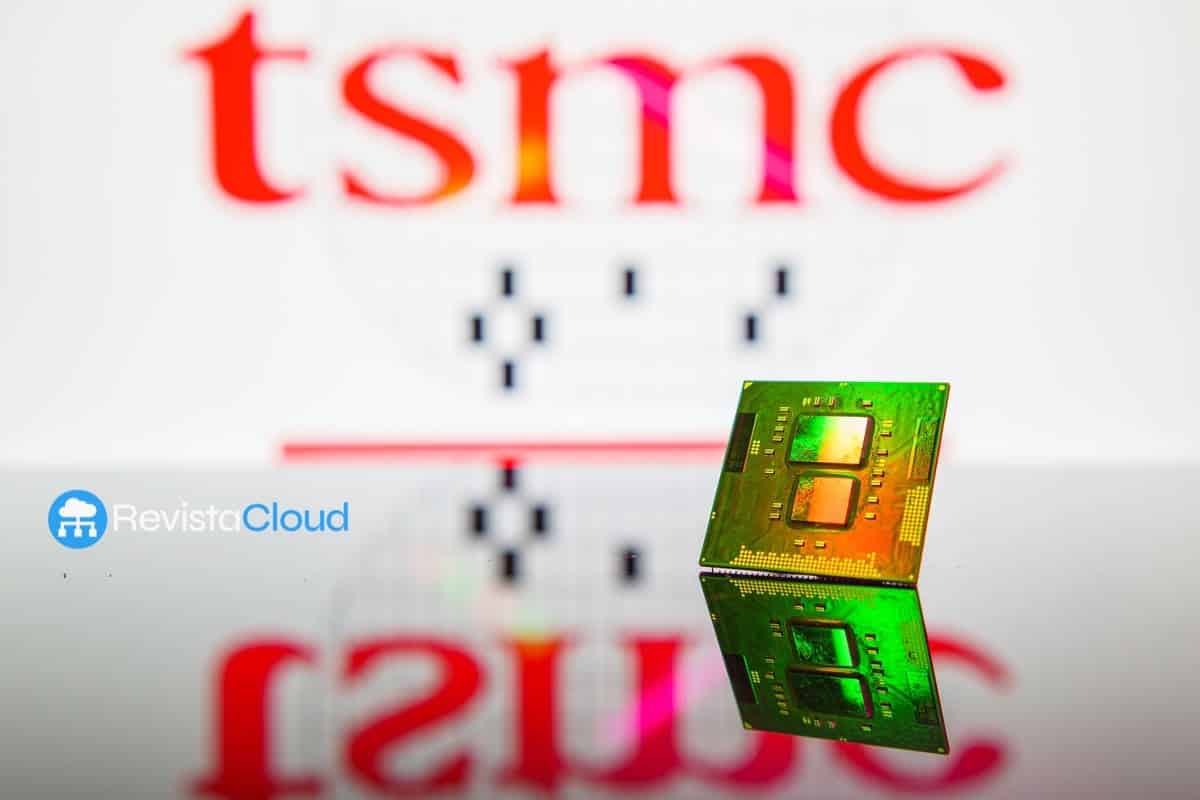Certainly! Here’s the translated text in American English:
The Trump administration has announced plans to impose tariffs ranging from 25% to 100% on chips manufactured in Taiwan, including those produced by semiconductor giant TSMC, according to Tech Power UP. This announcement, made by former President Donald Trump during a Republican Party conference in Florida, is part of an effort to encourage the return of semiconductor production and other essential goods to the United States.
“Very soon, we’re going to impose tariffs on foreign production of chips, semiconductors, and pharmaceuticals to bring the manufacturing of these essential goods back to the United States,” Trump stated. “They went to Taiwan; we want them to come back. And the incentive will be that they won’t have to pay a tax of 25%, 50%, or even 100%.”
Impact on TSMC and U.S. Companies
The measure poses a potential economic blow to Taiwan Semiconductor Manufacturing Company (TSMC), the world’s largest chip manufacturer, which relies heavily on the United States as its largest export market. TSMC supplies chips to major U.S. tech giants like Apple, NVIDIA, Qualcomm, and Broadcom. The proposed tariffs could severely disrupt the advanced technology supply chain, likely forcing TSMC to raise prices on its silicon wafers. This, in turn, could lead to increased costs for U.S. companies, resulting in higher prices for consumers of electronic products and other devices reliant on semiconductors.
Pressure on Taiwan and TSMC’s Plans in the U.S.
TSMC had previously committed to building advanced manufacturing facilities in the United States, including a $12 billion plant in Arizona. However, this facility would lag behind at least one generation of the most advanced production technologies that TSMC operates in Taiwan. The potential tariffs could pressure the company to accelerate its expansion in the U.S. or reconsider its production strategy outside Taiwan.
The proposed tariffs are part of a broader effort by the Trump administration to reduce dependence on foreign supply chains, especially for essential goods like semiconductors and pharmaceuticals. However, this policy could have a significant impact on U.S. companies that rely on Taiwan’s advanced manufacturing capabilities.
Risk to the Global Semiconductor Industry
This measure could also disrupt the global semiconductor industry, as TSMC’s cutting-edge technologies are crucial for critical products ranging from smartphones to artificial intelligence systems. According to analysts, the proposed tariffs could lead to a reorganization of the semiconductor supply chain, with companies evaluating new manufacturing strategies and potential regional diversifications.
Wider Implications
The tariffs on chips manufactured in Taiwan come amid geopolitical tensions and growing competition in the semiconductor sector. While the Trump administration seeks to strengthen domestic manufacturing, the side effects of these tariffs could strain relationships between the United States and Taiwan and compel U.S. companies to absorb significant costs or seek alternative solutions.
As TSMC and other global players face these challenges, the semiconductor industry finds itself at a crucial juncture, with potential long-term consequences for innovation, pricing, and the global technology landscape.

